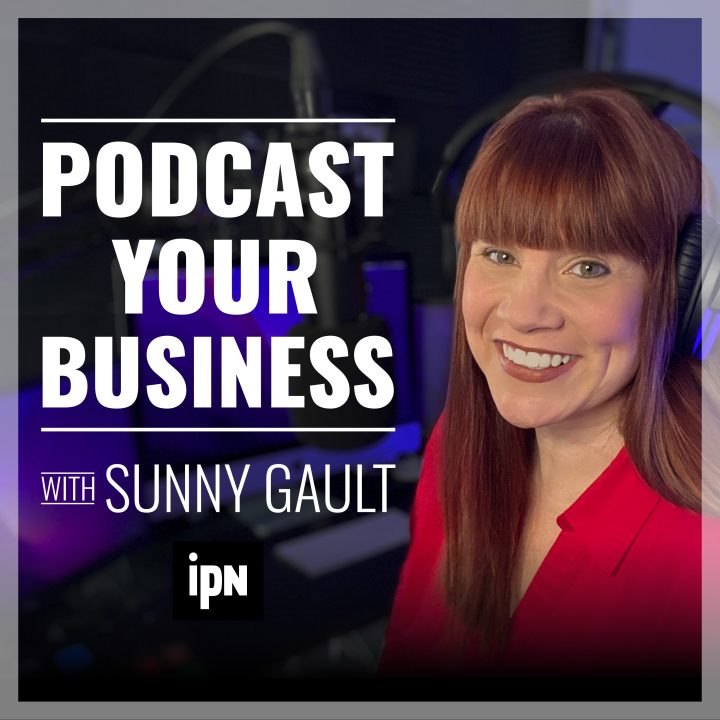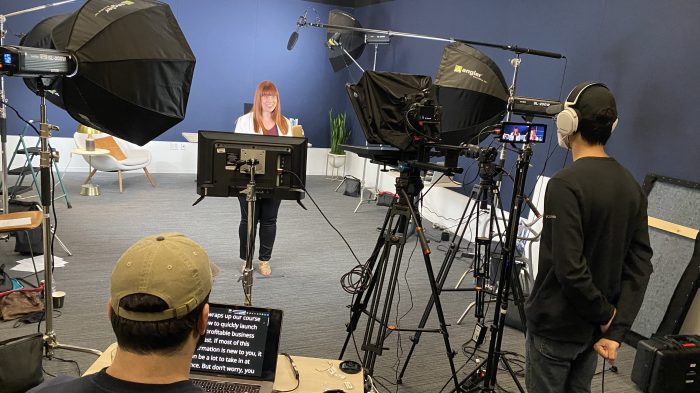
Let’s face it, research can get tiresome. We’ve all been there when our eyes start to glaze over from reading the fifteenth article of the day. But, it doesn’t have to be that way. You can make your research process smoother and more efficient with a few key tips we’ll show you in this article.
Create a Research Plan
Creating a well-structured research plan is essential for conducting efficient and thorough research for your podcast episodes.
The first step is to break down your main topic into smaller, more manageable subtopics. This will help you focus your research efforts and ensure that you cover all the essential aspects of your topic.
Next, estimate the amount of time you’ll need to research each subtopic thoroughly. This will help you create a realistic timeline and ensure that you dedicate sufficient time to each aspect of your topic.
Based on your time allocation for each subtopic, set specific deadlines for completing the research on each one. This will help you stay on track and avoid spending too much time on a single aspect of your topic. Make sure to set realistic deadlines that account for any potential obstacles or delays you may encounter during the research process.
Pro Tip: To help you stick to your deadlines and stay organized, consider using project management tools like Trello or Asana. These tools allow you to create a visual representation of your research plan and track your progress, keeping you motivated throughout the research process.
Leverage Modern Research Tools
You can save time, stay organized, and access a wealth of information at your fingertips with the help of a few modern tools:
Bookmarking and Note-Taking Apps
Bookmarking and note-taking apps like Evernote or Notion are invaluable tools for podcasters. These apps allow you to save and organize your research material, such as articles, web pages, and PDFs, in a centralized location. You can create notebooks or folders for each podcast episode or topic, making it easy to access and reference your research material whenever you need it.
Research Management Tools
Research management tools like Mendeley or Zotero are designed to help you collect, organize, and cite your research sources. With these tools, you can easily import research papers and articles directly from online databases, organize them into collections or folders, and automatically generate citations and bibliographies. This not only saves you time but also ensures that you’re properly attributing your sources and avoiding plagiarism.
Transcription Services
If your podcast involves interviews with guests or experts, transcription services can be a game-changer. Services like Rev or Otter.ai can automatically transcribe your audio recordings, saving you the time and effort of manually transcribing interviews.
Having a written transcript of your interviews makes it easier to review and analyze the content, identify key points and quotes, and incorporate them into your podcast episodes. Additionally, transcripts can be repurposed into other forms of content, such as blog posts or social media snippets, helping you maximize the value of your research efforts.

Collaborate with Experts and Peers
Collaborating with industry experts and peers is a powerful way to enhance your podcast research process. Here are a few ways you can tap into the knowledge of experts and collaborate with your peers:
- Reach out to industry experts for insights: Identify experts in your podcast’s niche or topic area and reach out to them for insights and opinions. These experts can provide valuable context, help you understand complex topics, and offer unique perspectives that can elevate your podcast content. When reaching out to experts, be sure to introduce yourself and your podcast, explain the topic you’re researching, and be specific about what you’re looking for.
- Join podcasting communities and forums: Platforms like Reddit, Facebook Groups, and LinkedIn offer a variety of podcasting communities where you can ask questions, seek advice, and collaborate with others in your niche. Participating in these communities can help you stay up-to-date with the latest trends and best practices in podcasting. It also provides you with opportunities for cross-promotion and guest appearances on other podcasts.
- Collaborate with co-hosts or team members: If you have a co-host or a team of researchers and writers, collaborating with them can significantly speed up your research process. Divide the research tasks among team members based on their strengths and interests, and set up regular check-ins to discuss progress, share findings, and brainstorm ideas.
Note-Taking Strategies
Effective note-taking is crucial for organizing and synthesizing the information you gather during your podcast research. Here are two essential tips to make your note-taking more effective:
Use a Structured Note-Taking System
Adopting a structured note-taking system can help you organize your research findings and make them more accessible for later reference. Two popular methods are the Cornell Method and the Outline Method.
The Cornell Method involves dividing your page into three sections: a narrow left column for key points or questions, a wide right column for detailed notes, and a bottom section for a summary. This structure helps you identify main ideas, elaborate on them, and create concise summaries for easy review.
The Outline Method, on the other hand, involves organizing your notes in a hierarchical structure, with main topics, subtopics, and supporting details. This method is particularly useful for breaking down complex subjects and creating a logical flow for your podcast episodes.
Summarize Key Points
As you research, focus on summarizing the key points and ideas rather than writing verbatim notes. Condensing the information into your own words helps you better understand and internalize the material, making it easier to recall and discuss during your podcast recording.
Use bullet points, short phrases, or mind maps to capture the essence of the content without getting bogged down in excessive detail. This approach will also make it easier to review your notes quickly and identify the most relevant information for your episode.
Conclusion
The key to successful podcast research is finding the strategies and tools that work best for your unique needs and workflow. Don’t be afraid to experiment with different techniques and adapt your approach as needed. As you refine your research process, you’ll find that you’re able to create better content more efficiently, freeing up time and energy to focus on the creative aspects of podcasting that you love.









